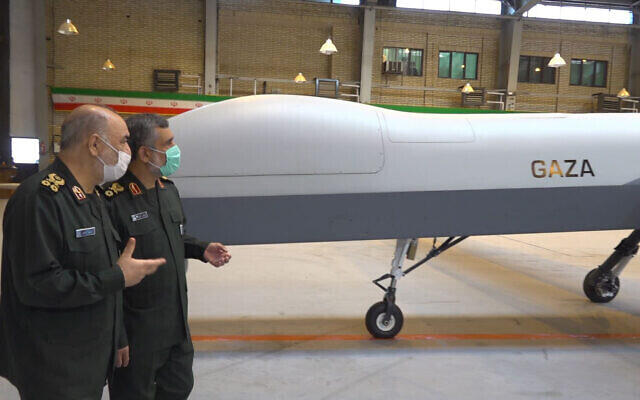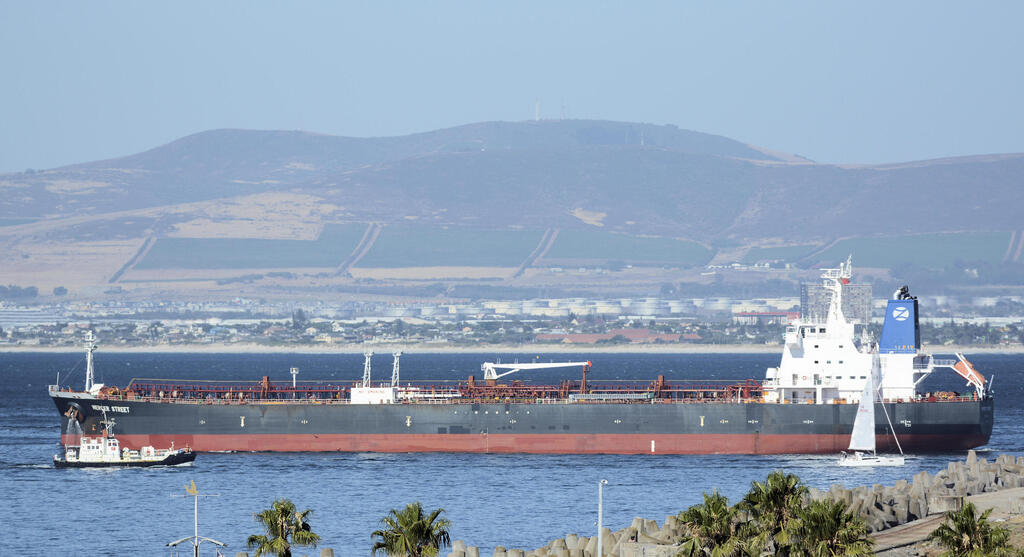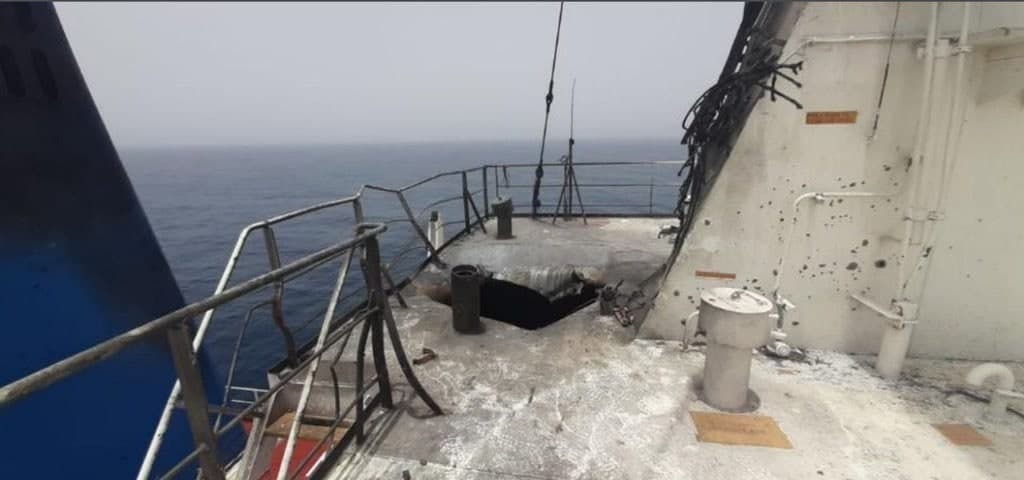Iran said Monday it would respond promptly to any threat against its security, after the U.S., Israel and Britain blamed Tehran for an attack on an Israeli-managed tanker off the coast of Oman and the Iranian envoy in London received a summons from the Foreign Office.
Tehran has denied any involvement in the attack on Thursday in which two crew members - a Briton and a Romanian - were killed.
The United States and Britain said on Sunday they would work with their partners to respond to the attack on the Mercer Street, a Liberian-flagged, Japanese-owned petroleum product tanker managed by Israeli-owned Zodiac Maritime.
“Iran has no hesitation in protecting its security and national interests and will respond promptly and strongly to any possible adventure,” Iranian state television quoted Saeed Khatibzadeh as saying.
Khatibzadeh “strongly regretted the baseless accusations made by the British foreign secretary against Iran, which were repeated by the U.S. secretary of state in the same context and contained contradictory, false and provocative accusations”, state TV reported.
Britain said on Sunday it was highly likely that Iran carried out the attack, using one or two drones. The U.S. Navy, which was escorting the tanker with the USS Ronald Reagan aircraft carrier, said on Saturday that early indications “clearly pointed” to a drone attack.
Britain summoned the Iranian ambassador on Monday.
“The Iranian ambassador to the UK, Mohsen Baharvand, was summoned today to the Foreign, Commonwealth & Development Office... in response to the unlawful attack committed on MV Mercer Street on 29 July,” said a British government statement.
“Iran must immediately cease actions that risk international peace and security,” it added, saying that “vessels must be allowed to navigate freely in accordance with international law.”
Prime Minister Naftali Bennett had accused Tehran of “trying to shirk responsibility” for the attack, and called its denial “cowardly”. Foreign Minister Yair Lapid said on Sunday the incident deserved a harsh response.
However, an unnamed Iranian official told the country’s Nournews news agency earlier that Tehran considered “the threats of Western officials and the Zionist regime (Israel) to be more of a propaganda gesture”.
“And Washington and London will be directly responsible for the consequences,” the official told Nournews, which is close to Iran’s Supreme National Security Council.
3 View gallery


Iranian Revolutionary Guard Commander Gen. Hossein Salami, left, and the Guard's aerospace division commander Gen. Amir Ali Hajizadeh talk while unveiling a new drone called "Gaza" in an undisclosed location in Iran
(Photo: AFP)
Iran and Israel have exchanged accusations of carrying out attacks on each other’s vessels in recent months.
Opposition to Israel is a cornerstone of belief for Shi’ite-led Iran, which backs Palestinian and Lebanese Islamist militant groups opposed to peace with the Jewish state, which the Islamic Republic has refused to recognize since its 1979 revolution.
Tensions have increased between Iran and Israel since 2018, when then-president Donald Trump ditched Tehran’s 2015 nuclear deal with six world powers and reimposed sanctions that have crippled the Islamic Republic’s economy.
Israel has voiced concerns about efforts by Tehran and U.S. President Joe Biden’s administration to revive the nuclear pact, under which Iran curbed its sensitive nuclear work in exchange for lifting sanctions.



